Black Women Hair Things You Must Know About It
Black Women Hair Things You Must Know About It
Newsflash: Black women spend a lot of time and money to maintain their Black Women Hair.
Marketing firms have valued the Black hair care industry at $774 million.
That’s a lot of deep conditioner and bobby pins!

![]()
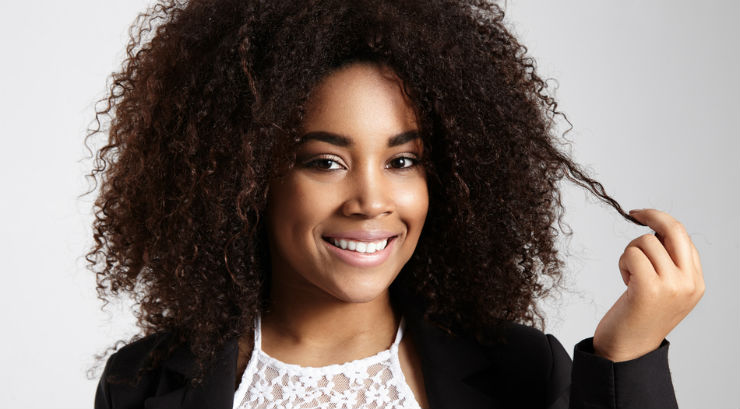

Black Women Hair
As a Black woman in a family of Black women, with a gaggle of Black women friends, this was entirely unsurprising.
We are serious about our hair.
Our hair can affect our moods.
Our hair has its own vocabulary.
It bonds us together in the style successes and struggles.
Yet, something so essential to our identity is often misunderstood by people outside of our culture.
But clearing up small misunderstandings — about hair! — can go a long way to clearing up the big misunderstandings — about race!
So please allow me to share this primer on Black Women Hair.
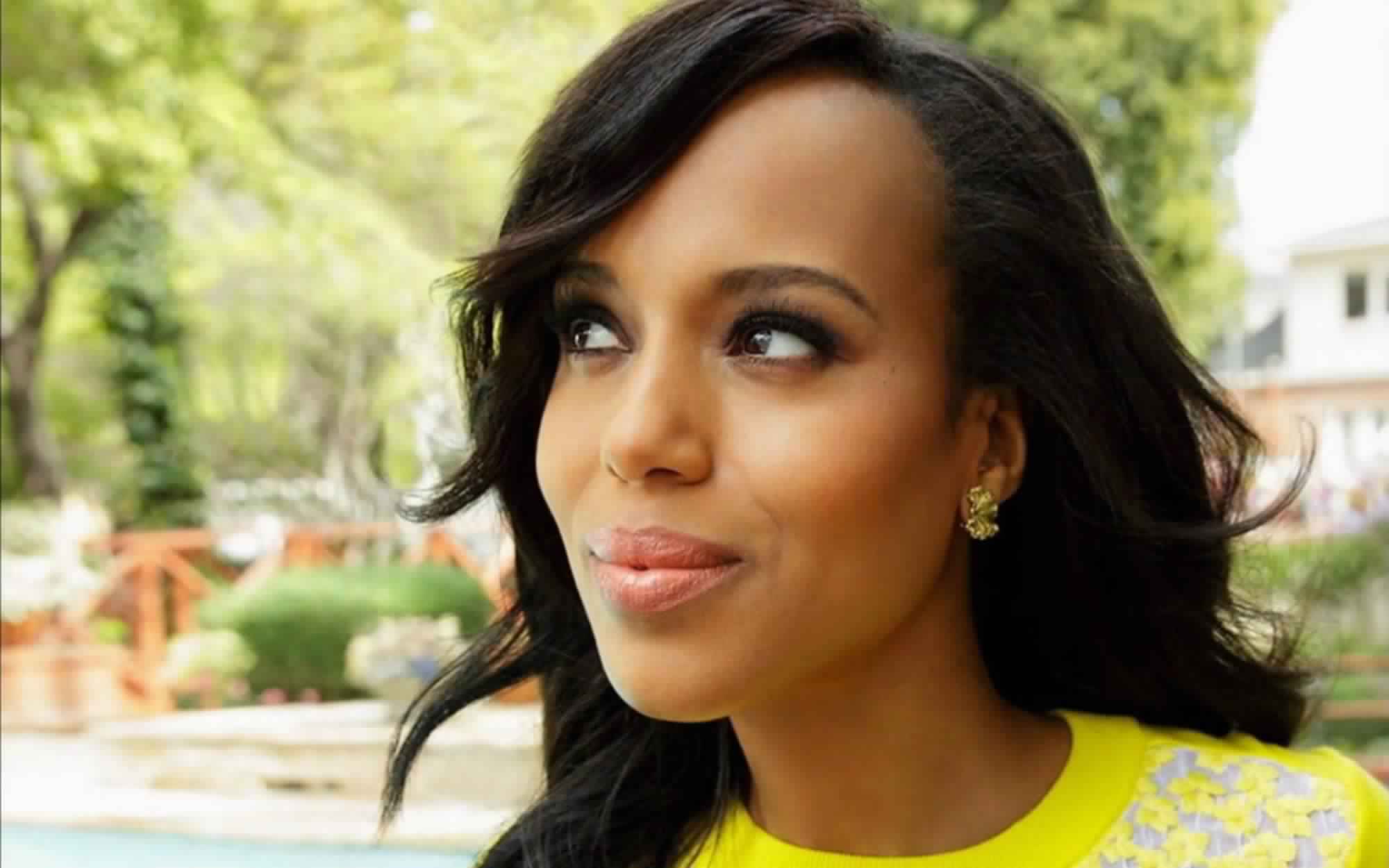
1. Black hair is literally different than all other hair.
While different races can have straight, wavy, or wavy strands, most dark individuals have shifting degrees of firmly twisted strands.
(Look at this current article’s graph for a more inside and out clarification.) It might come in spirals, curls, circles, crisscrosses, or different bends.
This is the reason it has a tendency to grow up as opposed to down and can make gravity resisting shapes like afros and puffs.
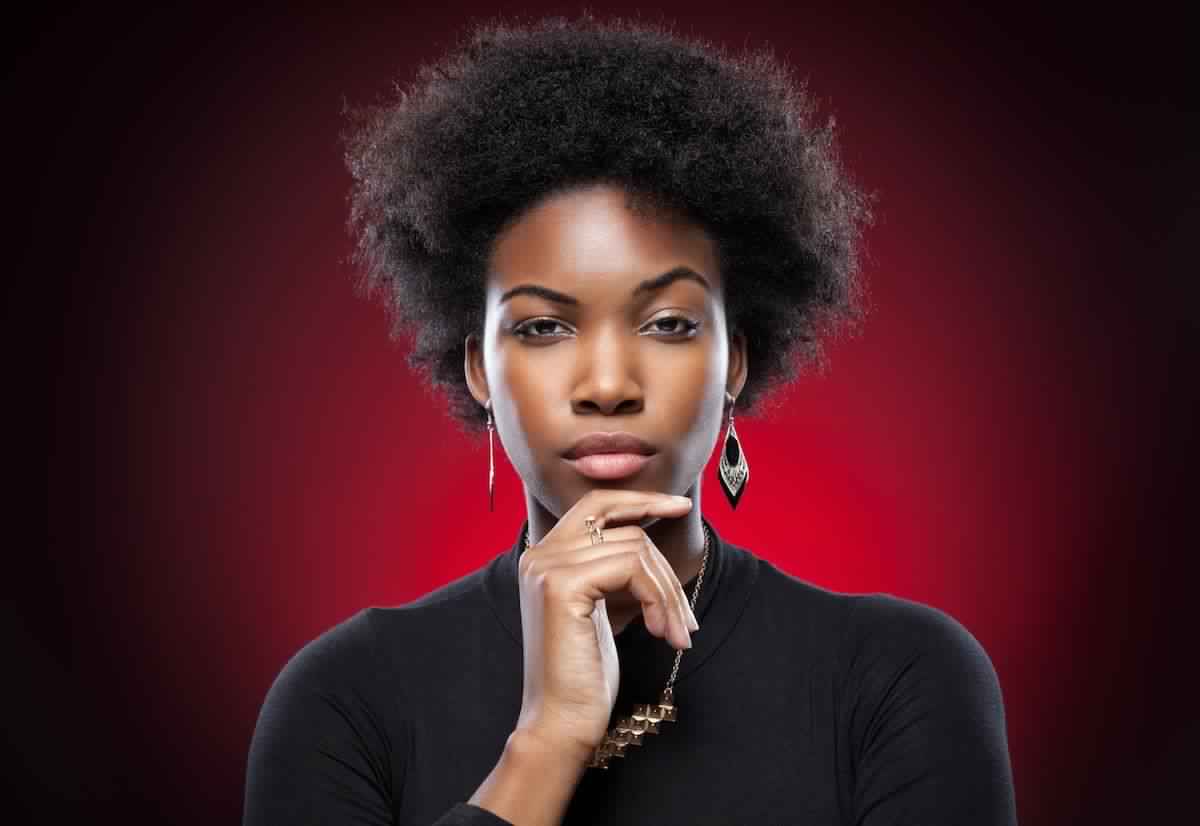
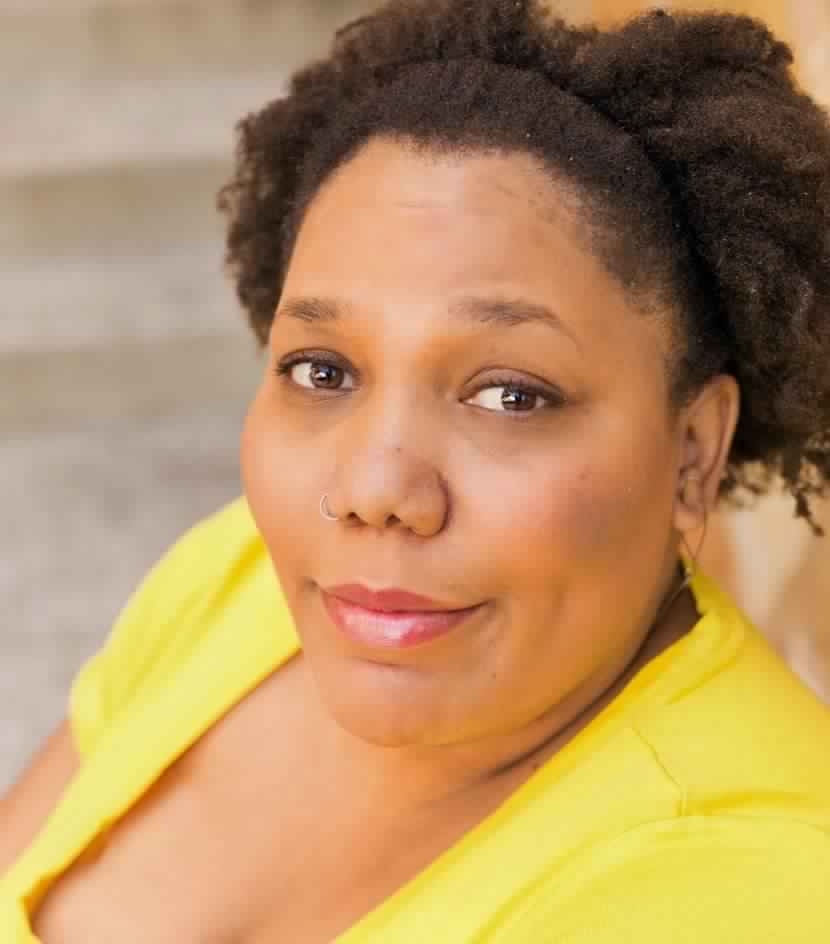
2. Black hair does grow.
It’s a myth that Black hair doesn’t grow.
All Black Women’s Hair grows at about half an inch a month, depending on your health and genetics.
Having long hair is really more about how much hair you retain after breakage.
Black Women Hair, because it’s curly, can be weaker than straighter hair.
Each bend in the strand represents a weak point in the hair shaft, which makes it more prone to breakage.
All this means is that it takes a little more TLC to avoid breakage.
So we tend to have shorter hair, but that doesn’t mean it doesn’t grow.
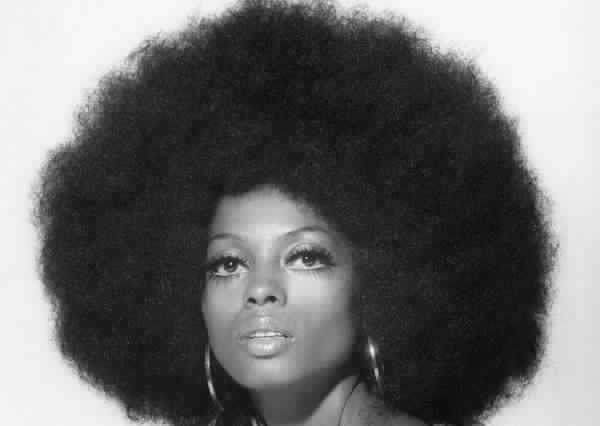

3. Perms, weaves, and extensions are all options for Black women, and sometimes simultaneously.
But what are all of these things? Great question!
Perm: When non-Black women refer to a perm, they are often talking about adding a permanent curl to their hair through a chemical process.
But Black Women Hair is already curly. So when we say “perm,” we are referring to permanently straightening our hair (also known as a relaxing.)
Weave: For a weave, the woman’s real hair is braided into cornrows or other scalp braids.
Then the extra hair is woven to those braids with a needle and string made especially for hair weaving.
Extensions: Extensions are like weaves but they don’t usually require the cornrows as a base.
Depending on the type of extensions, the hair may be added through braiding or even specialty glue.
Natural: This generally refers to Black hair that has not had its texture altered by chemicals.
Some take it a little further by not using any chemicals at all or anything that does not occur in nature.

4. Natural hair is a big deal.
For much of the Black American experience, we have been encouraged to look as European as possible.
So straightening our hair with chemicals or a hot comb was the only way a Black woman could look “presentable” for a long time.
If you wanted be beautiful or have a good job, your hair better look as not Black as possible.
Natural hair experienced a resurgence during the Civil Rights Era and has continued to grow in popularity.
Natural hair is not necessarily a symbol of the wearer’s Black pride, but Black Women Hair is definitely a symbol of accepting our hair as it grows from our heads.
Every time I walk into a business meeting with my hair in an afro or a puff, I’m doing something that many generations of Black woman wouldn’t have dared to do.





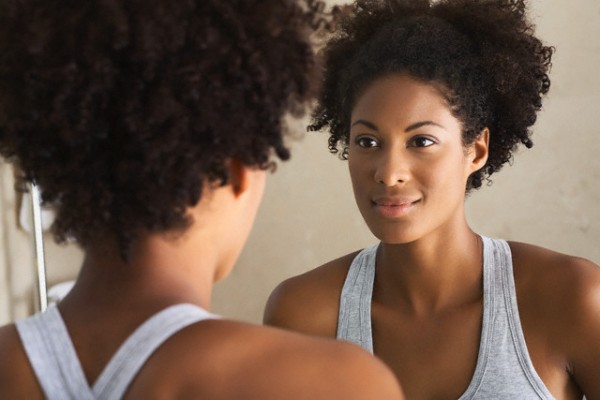
READ MORE WITHIN THE FOLLOWING LINK

